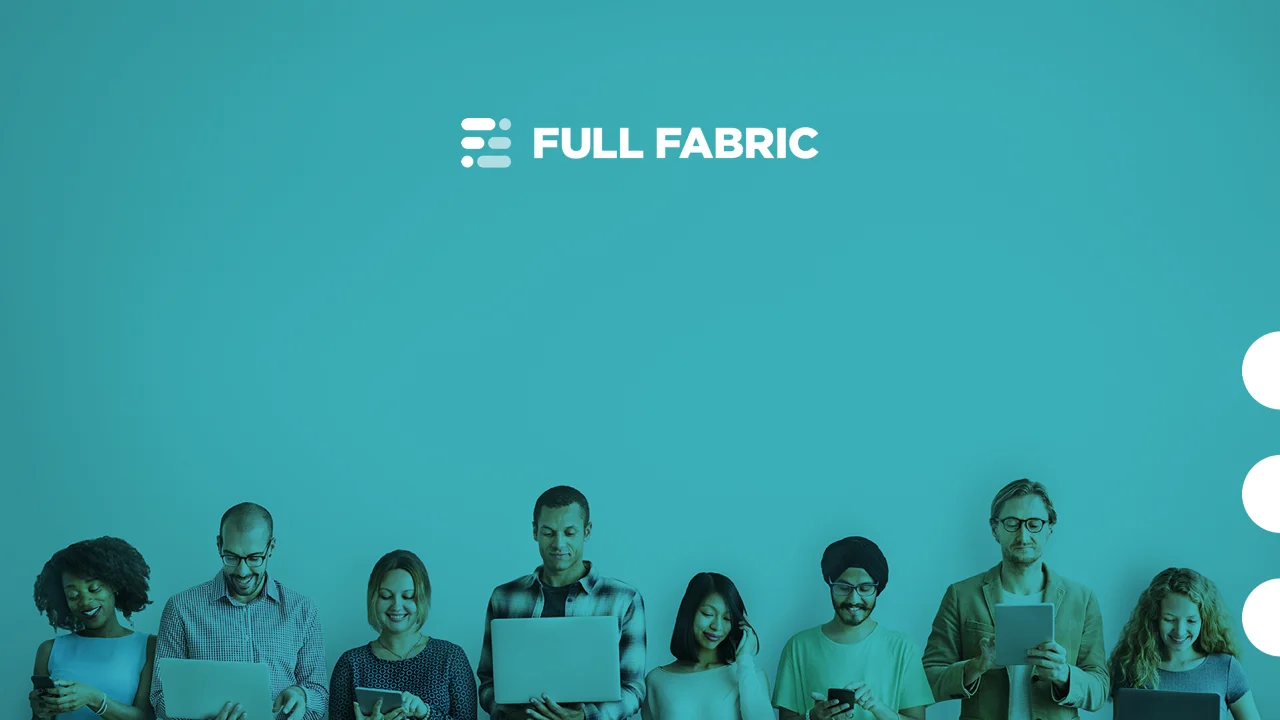Some other day I had a very interesting talk with one of my best friends- one of these philosophical talks about life and its purpose. Both of us in more or less similar stage of life- studying in business school. We were thinking ‘’How many good things have already happened and are happening around us. God, family and friends- the world gave me so much- we are healthy, safe, happy, we can develop our hobbies and make our dreams come true. BUT…not everyone can! NOT EVERYONE CAN!!!
What are we giving to the world? How can we as students, as professionals in the future, do to have a positive impact on others around us? We cannot save the world, but there are some things which we actually can do!’’ Our talk was very long and from time to time we still come back to the topic to refresh our ideas… Conclusions?
Money is not everything! And even if it is important- you can still earn money helping others at the same time! It is not impossible!!! The solution might not be actually that difficult and it might be through Social Entrepreneurship.
I DARE YOU TO TRY!
Social Entrepreneurship - What is it?
In the world of growing social and economic inequalities, there is a need to do business on a human scale- focused on funding and implementing solutions to cultural, social and environmental issues. This is a new approach to business, social services and social engagement. Social enterprise might be similar to any other profit-oriented business and generate profit- what makes a difference is the way how the profit is used. The profit of social businesses aims to fulfil the social mission, in order to contribute to social equality and improve living conditions in a community. Therefore, the profit is either reinvested or use to realise social goals, such as creating new jobs, cultural needs, social inclusion, health care and preservation of the natural environment.
Why would you care?
Starting a social enterprise is a great opportunity for all those who aim to create something which besides monetary value has the higher purpose. It includes combining innovation, resources and opportunity to address critical social or environmental challenges in order to fight with marginalisation, environmental deterioration and loss of human dignity.
Actually making money… … and much more.
Social entrepreneurial business does not equal not-for-profit organisations. Instead, they are concepts which might also make a profit when solving a social problem. In either case of not-for-profit or for-profit social organisation, their primary objective is to create sustainable system change.
5 keys to success for social entrepreneurs by Lluis Pareras[1]
5. They do know the real value of an idea- which is nothing. - The real value depends on the execution of the idea
4. They hate. - anxiety about existing situation which without taking proper action hurts or even kills people
3. They shout their existence to the world. – sharing ideas with others in order to create maximum possible value
2. They are paranoid. – focusing on their weaknesses instead of strengths in order to always improve and fix problems which might appear
1. They look at the social impact and the money at the same time. – successful social entrepreneurship might be a beautiful idea, however, it still needs money and venture capital in order to develop and implement ideas and to attract appropriate people
… But I do already have my business, so how can I help?
Having a positive impact does not mean that you need to give your money to charity/community and give up your profit. Being more socially conscious and taking responsible decisions might actually positively impact your business, attracting employees and customers as an organisation which aims to make the world a better space. What can you do?
1. Create a social responsibility mission, which will shape your values and choices. Aim to be authentic and think logically how you can minimise negative effects of your business decisions.
2. Establish attainable goals, which you are actually able to achieve and which fit your business idea.
3. Cooperate with other organisations and businesses, such as local charities improving local economy and community.
4. Engage your employees, to boost their morale and productivity. Employees as main stakeholders of any organisation consist a base of positive change.
5. Reimagine giving- it is not only about donations and money you give- it is mainly about the way how you run your business and what is your aim. If you are determined to create a positive impact, make sure you have a support of stakeholders (employees, government, investors, etc.), involve them and go for it!
[1] P is for Lluis Pareras: Five Keys To Success For Social Entrepreneurs. (2017, February 03). Retrieved April 19, 2017, from http://www.thepositiveencourager.global/lluis-pareras-five-keys-to-success-for-social-entrepreneurs-2/

















